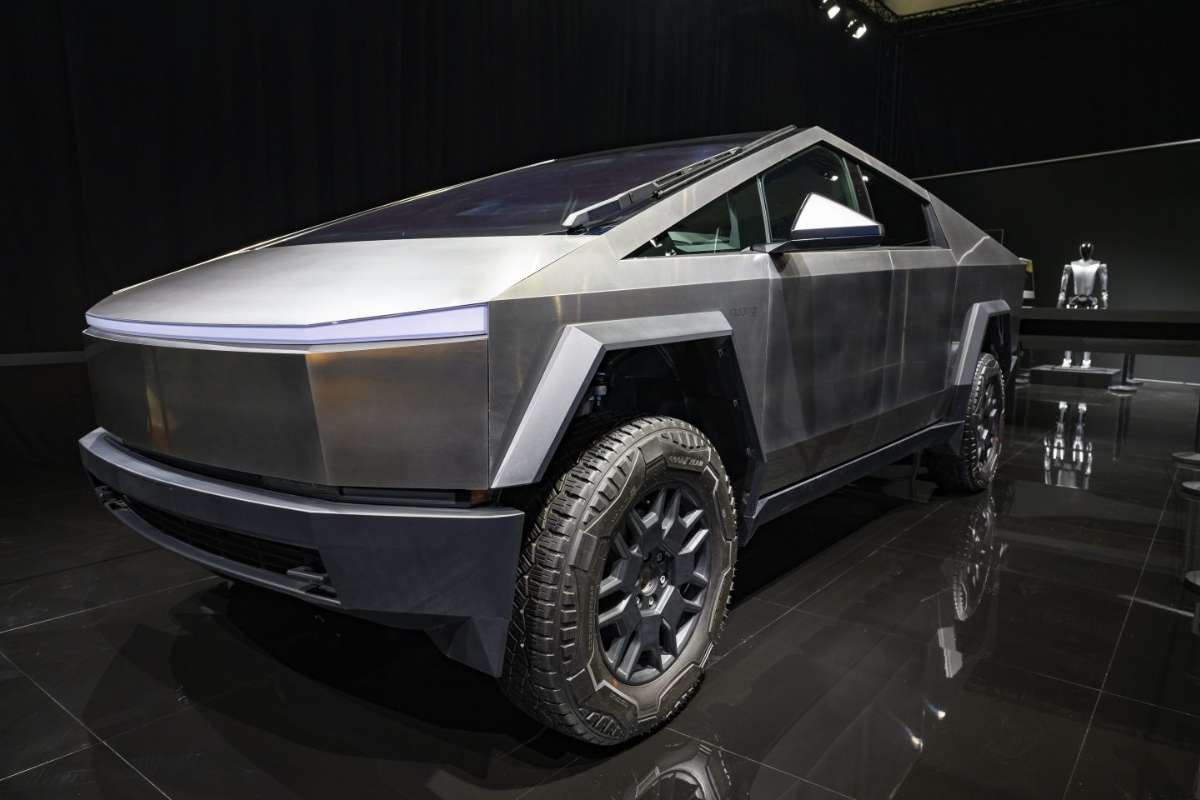Deal for Armored Tesla Vehicles Put on Hold
The U.S. State Department had been exploring a potential $400 million contract with Tesla for armored electric vehicles, but the plan has now been put on hold. This decision comes amid scrutiny over the procurement process and government spending. According to a State Department spokesperson, Tesla was the only company that expressed interest when initial inquiries were made in May 2024. The deal, which was expected to be the largest contract of the year, highlighted how a significant portion of Tesla’s revenue has come from government contracts.
Tesla, owned by billionaire entrepreneur Elon Musk, has benefited from various federal contracts, with its sister company, SpaceX, securing nearly $20 billion in funding since 2008 for space missions. Additionally, Tesla has already received $41.9 million from the U.S. government, including payments for electric vehicles supplied to U.S. embassies. However, as of now, no official contract has been awarded to Tesla or any other manufacturer to produce armored electric vehicles for the State Department.
Biden Administration’s Initial Plans for Procurement
During the Biden administration, the State Department had begun gathering information from potential suppliers for armored electric vehicles. The official bidding process was scheduled to start in May 2025, following an initial assessment in September 2024. The move was part of a broader strategy to modernize the government’s vehicle fleet with sustainable options.
The contract, if finalized, would have marked a significant step toward incorporating electric vehicles into government operations. However, with the recent decision to halt the project, the future of the initiative remains uncertain. The State Department has yet to clarify whether it will resume the bidding process or seek alternative solutions.
Revised Contract Forecast Sparks Debate
Following reports about the possible deal with Tesla, the State Department made a late adjustment to its fiscal year 2025 contract forecast. Initially, Tesla was named as the potential supplier, but the entry was later revised to indicate a more general “electric vehicle manufacturer.” This correction has raised questions about the transparency of the selection process and whether other companies will now be considered.
Interestingly, another entry in the procurement database continues to list German automaker BMW as a supplier for a different purchase, suggesting that alternative manufacturers could still be in the running for government contracts related to armored electric vehicles. While the future of Tesla’s involvement remains unclear, the decision to pause the deal reflects broader discussions on government spending, procurement policies, and the influence of high-profile entrepreneurs in federal contracts.










